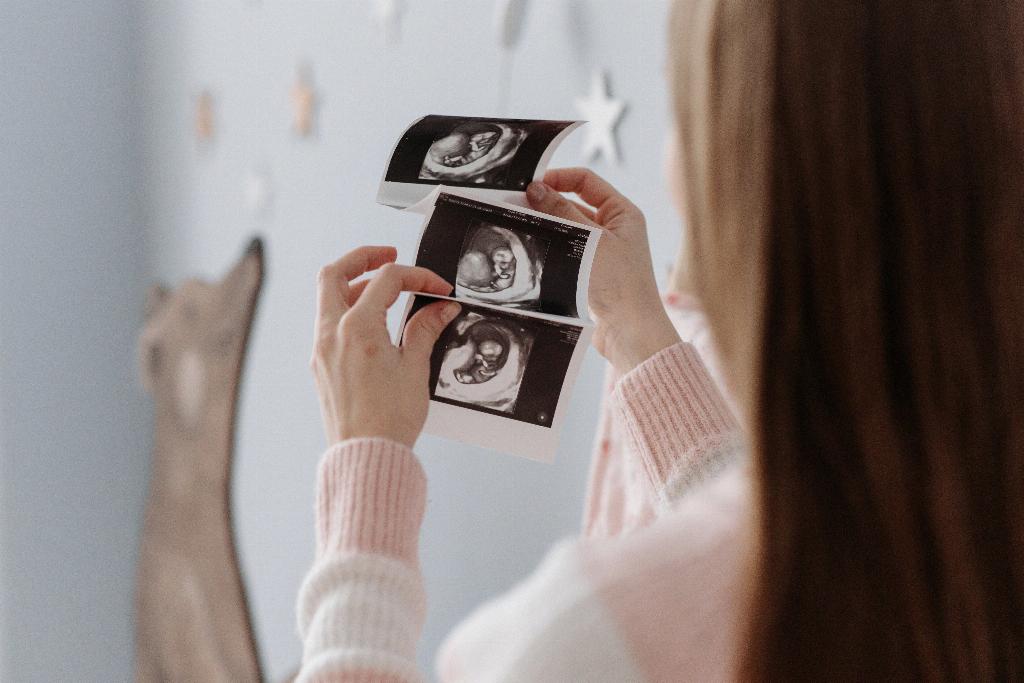When it comes to finding relief for common pregnancy symptoms like nausea, vomiting, and overall sickness, turning to teas can be a soothing and effective solution. Two popular options that are generally considered safe for pregnant women are ginger tea and peppermint tea.
Ginger Tea: A Soothing Remedy
Ginger tea is known for its natural ability to ease nausea, making it a popular choice for pregnant women experiencing morning sickness. The warm and spicy flavor of ginger can help settle the stomach and alleviate feelings of queasiness. Moreover, ginger has anti-inflammatory properties that can help reduce inflammation in the body.
Peppermint Tea: Cooling and Calming
Peppermint tea is another great option for pregnant women with symptoms like gas, stomach cramps, and heartburn. The refreshing taste of peppermint can help soothe an upset stomach and promote better digestion. Its cooling properties can also provide relief for headaches and sinus congestion.
The Benefits of Herbal Teas
Herbal teas, like ginger and peppermint tea, offer a natural and gentle way to address common pregnancy discomforts. Unlike some over-the-counter medications that may not be safe during pregnancy, herbal teas are generally well-tolerated and free from harmful chemicals.
Considerations for Pregnant Women
While ginger and peppermint teas are safe for most pregnant women, it’s essential to consult with your healthcare provider before adding any new teas to your routine. Some individuals may have sensitivities or allergies to certain ingredients, so it’s crucial to ensure that the teas you choose are appropriate for your specific situation.
Staying Hydrated and Nourished
In addition to drinking herbal teas, it’s important for pregnant women to stay hydrated and maintain a balanced diet. Sipping on teas throughout the day can help you stay hydrated while providing additional benefits for your overall well-being.
Experimenting with Tea Blends
If you enjoy trying different flavors and combinations, consider experimenting with tea blends that incorporate ginger, peppermint, and other pregnancy-friendly ingredients. Blending teas can be a fun way to discover new tastes and create a personalized remedy that suits your preferences.
Alternative Herbal Options
In addition to ginger and peppermint tea, there are other herbal teas that pregnant women may find soothing and beneficial. Chamomile tea, for example, is known for its calming effects and can help promote relaxation and improve sleep quality.
Practicing Moderation
While herbal teas can offer numerous benefits, it’s essential to practice moderation and avoid excessive consumption. Too much of certain herbal ingredients, such as ginger, may lead to gastrointestinal upset or other side effects. As with any dietary changes during pregnancy, listen to your body and adjust accordingly.
Seeking Professional Guidance
If you have specific concerns about your health or the safety of certain teas during pregnancy, don’t hesitate to seek guidance from a qualified healthcare provider. Your doctor or midwife can provide personalized recommendations based on your individual needs and medical history.
Embracing Natural Remedies
Choosing herbal teas as a natural remedy for pregnancy-related sickness can be a comforting and empowering choice. By incorporating gentle and nourishing ingredients into your daily routine, you can support your well-being and promote a sense of calm during this special time.
Final Thoughts
Whether you prefer the warming notes of ginger tea or the refreshing taste of peppermint tea, both options can be valuable allies in managing symptoms of sickness during pregnancy. Remember to listen to your body, stay informed, and prioritize self-care as you navigate the journey of pregnancy.

